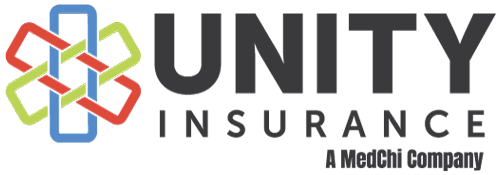Businesses nationwide have already taken a great hit due to COVID-19, with changes in daily operations and communication taking place almost constantly. Along with these many changes include shifts in the compliance landscape, with emerging trends setting the stage for a new year and a potentially different business environment in 2021. Here, the small business insurance providers at Unity Insurance discuss the potential compliance changes that may occur in 2021 and how to prepare your business for this great shift.
Newfound Changes In The Workplace
Many changes in the workplace were already well underway pre-COVID-19, such as working from home and creating a hybrid-worker status. Now that businesses have been adapting to the pandemic for almost an entire year,, it is fair to predict that hybrid work environments will continue to stick around for at least a few more months, or until most employees become vaccinated. It is important to note, however, that many employees may not be so inclined to receive the vaccine so soon, due to religious beliefs or health conditions, and some may not even be eligible for a substantial amount of time.
Increased Employee Leave Programs & Work From Home Complications
After a long trying year such as 2020, businesses may try and provide adequate leave programs for their employees to take some time off and take care of themselves and their families. Some local and state governments have established leave provisions during the pandemic, as well as instituted new laws regarding paid leave surrounding COVID-19 related conditions. The 2021 Consolidated Appropriations Act extended tax credit for voluntary payments through the end of March 2021 for all employers with 500 or fewer employees, all of which choose to provide paid leave payment programs.
In addition to new and enhanced leave programs, working from home will challenge compliance with laws and regulations regarding those working overseas. In certain countries, employers grant their employees the right to disconnect from their technological work devices after normal working hours. This can cause problems relating to whether compliance is being achieved or if employers can dictate when employees should be using work technology while working from home. Additionally, if employees change their physical work location, for example, working from home as opposed to in the office, this could cause compliance issues regarding taxes and local laws to arise. If this location change happens to be across borders, businesses should consider creating new policies to try and avoid these problems from occurring and make the transition to working from home as smooth as possible.
Alterations to US Compliance Policies
With a new presidential administration, businesses should be aware of potential shifts in policies. COVID-19 recovery and relief packages have already been discussed, as well as new CDC and OSHA guidance. Additionally, increased workplace regulation is expected to occur under the new administration, most especially regarding the improvement of pay equity. All of these policy changes and shifts will greatly depend on the compliance of lower-level governments as well as businesses nationwide.
Seek the Assistance Of a Business Insurance Provider
No matter the current state of operations, all businesses should remain proactive and practice good compliance. Compliance must begin with small businesses and local governments, as they are the driving force behind how our nation’s economy and work environment will perform as a whole. If businesses begin to recognize and adapt to the current compliance trends, they will set themselves up for a productive future, prepared to take on any challenges that 2021 may bring. Seeking the guidance of an experienced business insurance provider can provide you with more insight and assistance needed to make the best possible decisions for you and your business. To consult with a qualified insurance expert from Unity Insurance, contact us today.
